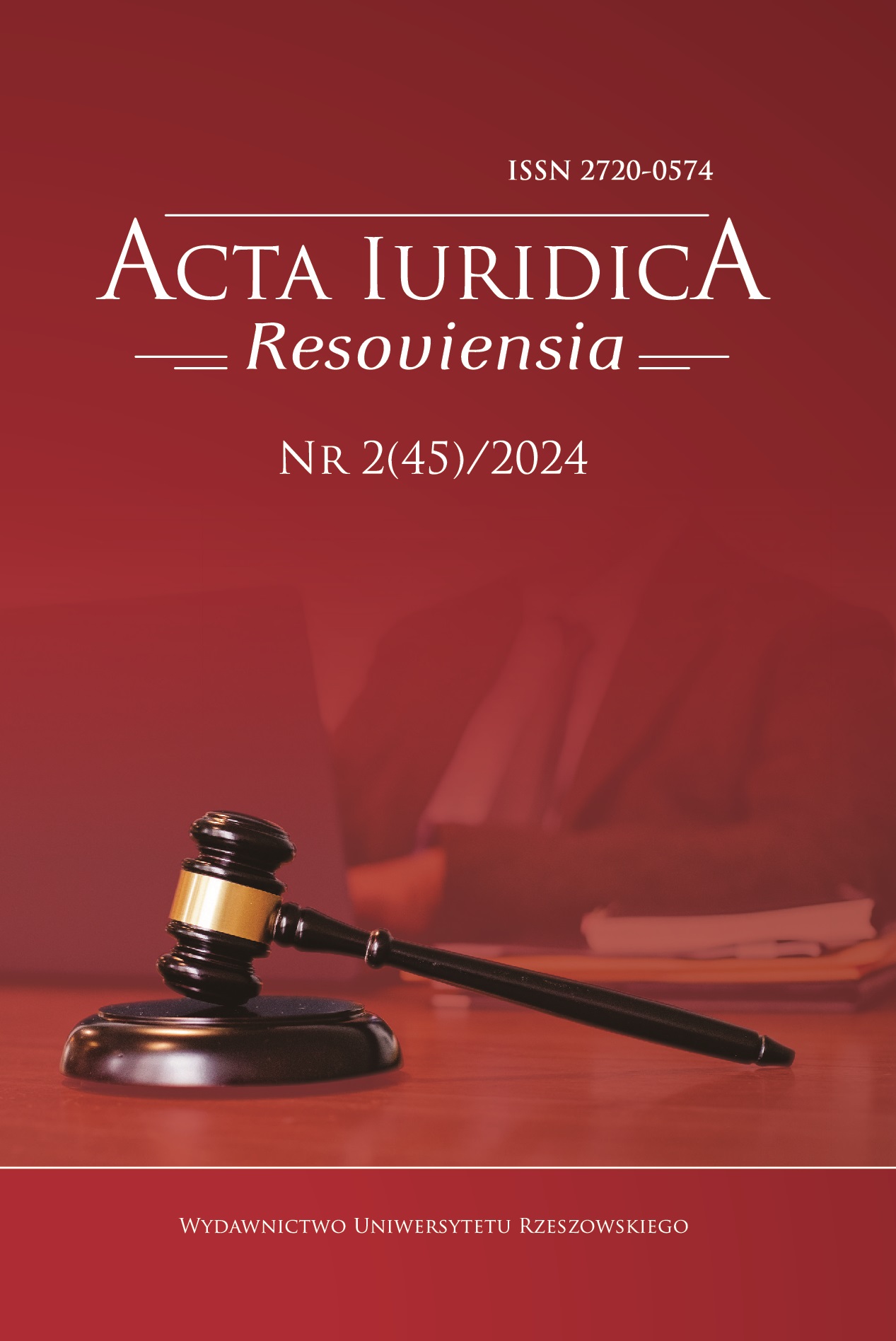PROCEDURAL USE OF WIRETAPPING AND INTERCEPTION
OF COMMUNICATIONS IN THE REPUBLIC OF POLAND
IN THE CONTEXT OF THE RIGHT TO PRIVACY
PROCEDURAL USE OF WIRETAPPING AND INTERCEPTION
OF COMMUNICATIONS IN THE REPUBLIC OF POLAND
IN THE CONTEXT OF THE RIGHT TO PRIVACY
Author(s): Krzysztof Chmielarz, Patryk ChmielarzSubject(s): Criminal Law, Court case
Published by: Wydawnictwo Uniwersytetu Rzeszowskiego
Keywords: procedural wiretapping; interception of communications; right to privacy;
Summary/Abstract: The ubiquitous technological development and mass computerisation inevi-tably affect not only the daily lives of citizens, but also the availability of newsurveillance techniques1. Despite the restrictions on citizens’ rights and freedomsconnected with ensuring state security, it becomes necessary to analyse the issueof violations of the realm of the individual’s privacy by public authorities usingsurveillance methods2.Current Polish law stipulates two types of wiretapping, i.e. procedural wire-tapping and interception of communications. Procedural wiretapping must be con-ducted in accordance with the provisions of the Act of 6 June 1997 – Code of Crim-inal Procedure. The interception of communications, however, is applied on the basisof specific laws, which indicate which entities (bodies and services) have the au-thority to conduct operational control, which includes, i. a. interception of commu-nications. Procedural wiretapping is regulated in Chapter 19 entitled “Evidence” ofthe Code of Criminal Procedure (Art. 168a of the Code of Criminal Procedure andArt. 168b of the Code of Criminal Procedure) and in Chapter 26 of the Code ofCriminal Procedure entitled “Surveillance and Telephone Tapping” (Art. 237–242 of the Code of Criminal Procedure). Interception of communications is not in-cluded in the criminal procedure (Code of Criminal Procedure), but it is definedas part of the operational control carried out by authorised entities, which include:1) state authorities of a police nature, including the Police, the Military Gendar-merie and the Border Guard; 2) the Intelligence Agency, as the Internal SecurityAgency and the Foreign Intelligence Agency, the Central Anti-Corruption Bureau,the Military Counterintelligence Service and the Military Intelligence Service; and3) security and protection institutions, which include the State Protection Service,the National Tax Administration and the Internal Supervision Bureau of the Minis-try of the Interior and Administration.This study analyses the scope of the right to privacy according to the provi-sions of the Constitution of the Republic of Poland and the treaty rules of theEuropean Union, without losing the field of research of the Strasburg case-law,the constitutional jurisprudence of the Republic of Poland or the law courts’decisions of the Republic of Poland.
Journal: Zeszyty Naukowe Uniwersytetu Rzeszowskiego - Seria Prawnicza
- Issue Year: 2024
- Issue No: 45
- Page Range: 32-56
- Page Count: 15
- Language: English

